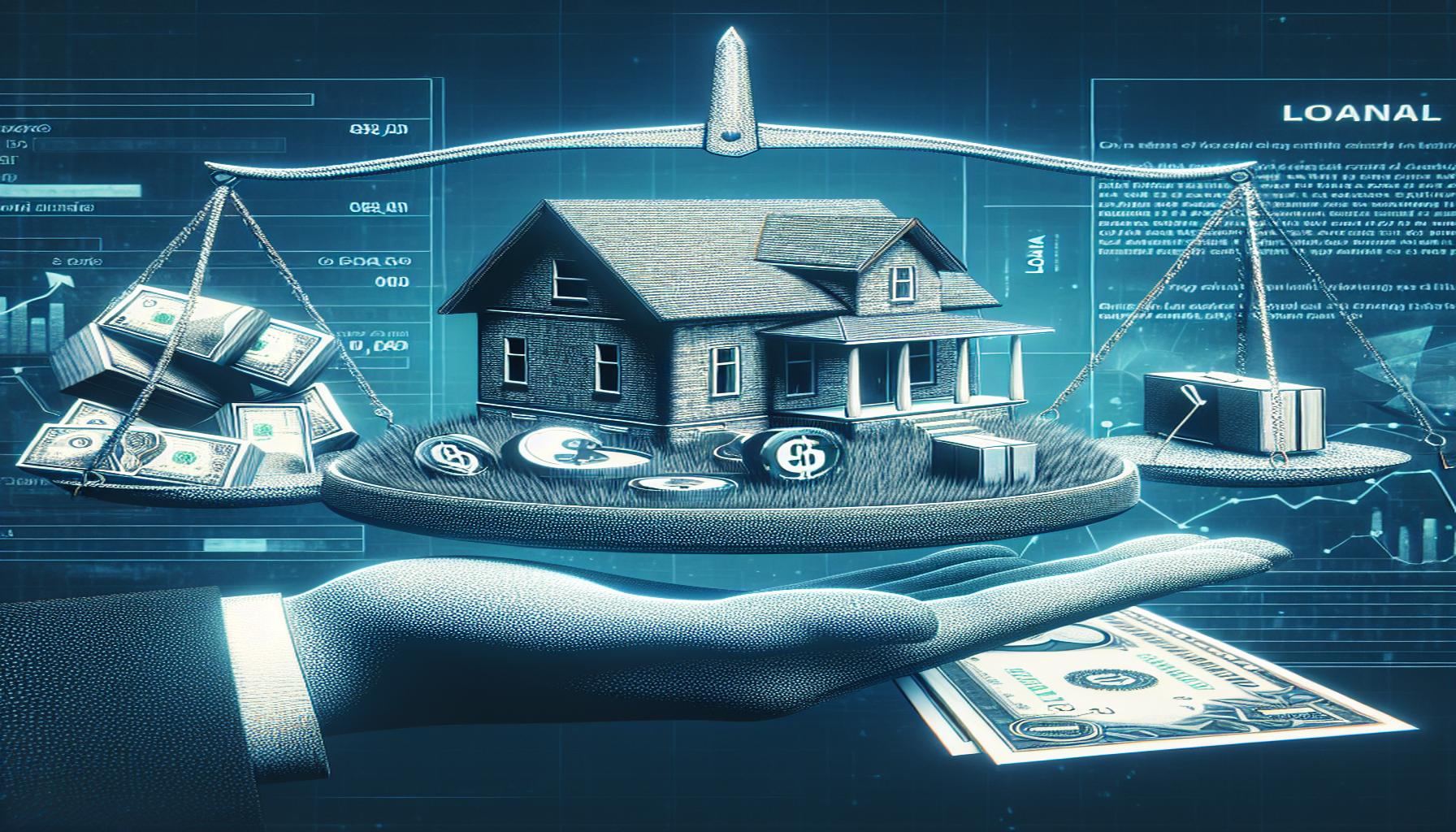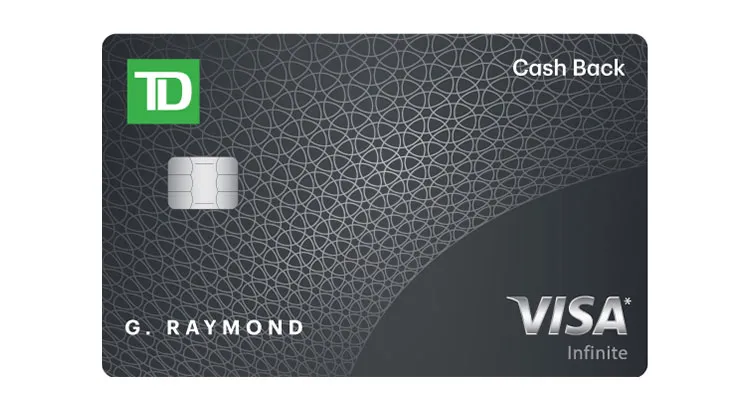Secured Loan: How It Works and When It’s Worth It

Exploring the Fundamentals of Secured Loans
Secured loans are a pivotal financial tool that enables individuals to borrow money by using their assets as collateral. These loans can significantly enhance a borrower’s chances of obtaining credit while also offering competitive interest rates and favorable terms. Below, we delve deeper into the characteristics and advantages of secured loans, as well as the essential factors to consider.
Collateral Requirements
In a secured loan arrangement, the borrower is required to provide collateral, which is a valuable asset that the lender can claim if the loan is not repaid. Common forms of collateral include:
- Real Estate: A home or property can serve as collateral. For instance, if you own a house valued at $300,000, you may be able to secure a loan of a percentage of that value.
- Vehicles: Cars, trucks, or boats can also be used. If you have a vehicle worth $20,000, lenders may offer a loan that is a fraction of that amount.
- Savings Accounts: Some financial institutions allow you to use funds in your savings account as collateral, which might be an option for those who may not have substantial property to pledge.
Loan Amounts
The amount you can borrow with a secured loan often depends on the value of your collateral. Lenders typically lend a percentage of the asset’s appraised value, often ranging from 70% to 90%. For example, if you want to borrow against your home and it’s valued at $250,000, you might be eligible for a loan of $175,000 to $225,000.
Lower Interest Rates
One of the main benefits of secured loans is that they usually come with lower interest rates. Because the loan is secured by collateral, lenders face less risk. For example, while an unsecured personal loan might have an interest rate of 10% or higher, a secured loan could potentially have an interest rate as low as 3% to 5%. This difference can lead to significant savings over the life of the loan.
When to Consider a Secured Loan
Secured loans can be effective for various financial needs, including:
- Debt Consolidation: You can merge multiple high-interest debts into one lower-interest secured loan, which could save you money on interest payments and simplify your monthly bills.
- Home Purchase or Improvement: Secured loans can provide funding for purchasing a new home or for making renovations to your existing property, contributing to its appreciation in value.
- Large Expenses: Whether it’s paying for education or starting a business, secured loans can provide the necessary funds, enabling you to invest in your future without a strain on your finances.
Understanding the Risks
However, it is crucial to be aware of the risks associated with secured loans. If you fail to make repayment, you risk losing the collateral that you pledged. For instance, if you secured a loan with your home and defaulted, the lender could potentially foreclose on your house. This loss emphasizes the importance of borrowing responsibly and ensuring that you can meet your repayment obligations.
In conclusion, secured loans can be an excellent option for those looking to finance significant expenses while enjoying lower interest rates. Understanding the nuances of how they work and the potential risks involved can empower you to make informed financial decisions.
Understanding Secured Loans
When considering financial options, it’s essential to grasp how secured loans function. At their core, secured loans utilize the principle of collateralization. This means that the borrower provides an asset—such as a home, vehicle, or savings account—as a guarantee for the loan’s repayment. For lenders, this arrangement significantly mitigates risk, while for borrowers, it often creates opportunities to access funds that might otherwise be elusive due to a limited credit history or inconsistent income.
Types of Secured Loans
Secured loans can manifest in various forms, each tailored to meet specific financial needs. Here’s a closer look at some common types:
- Home Equity Loans: Designed for homeowners, these loans allow individuals to borrow against the equity accumulated in their home. For instance, if your home is appraised at $400,000 and you’ve paid off $200,000, you could potentially secure a loan based on that $200,000 equity. This option is often favored for significant expenses like home renovations or consolidating high-interest debts.
- Secured Personal Loans: These loans are versatile and can be used for a wide range of purposes, from funding a major expense to covering unforeseen emergencies. Borrowers can secure larger amounts and typically benefit from lower interest rates by pledging an asset, like a motorbike or savings account. For example, if you own a motorcycle worth $15,000, using it as collateral could lead to better loan terms.
- Auto Loans: Many Canadians opt for secured auto loans when purchasing a vehicle, wherein the car itself serves as the collateral. If the borrower fails to meet payment obligations, the lender has the right to repossess the car. Given that vehicles depreciate quickly, it’s critical for borrowers to carefully assess their budget before securing such a loan.
Loan Duration and Repayment
Secured loans usually come with clearly defined repayment terms, which can vary significantly based on the type and amount of the loan. For example, home equity loans often span from 10 to 30 years, while personal loans might typically have terms between 2 and 7 years. This flexibility enables borrowers to select a repayment plan that best aligns with their financial capabilities and future earnings.
It’s important to note that while extended repayment periods can reduce monthly payments, they may also lead to higher total interest paid over the life of the loan. Understanding the long-term financial implications is crucial for making informed decisions.
Responsible Borrowing
Secured loans can indeed serve as beneficial tools, but they come with significant responsibility. Before diving in, it’s vital to assess your readiness to manage monthly payments effectively. Missing even one payment can have dire consequences, including the potential loss of the asset pledged as collateral. Thus, establishing a sound budget and ensuring a reliable source of income is paramount.
Consider creating an emergency fund or exploring additional income streams to bolster financial security. This preparation can help guard against unexpected challenges that might arise during the loan term.
In conclusion, secured loans can be advantageous pathways for accessing necessary funds while offering lower interest rates and longer repayment terms. By thoroughly understanding the mechanics of these loans and carefully evaluating your financial status, you can make wiser borrowing choices that align with your long-term goals.
Advantages and Disadvantages of Secured Loans
While secured loans can open the door to various financial opportunities, it’s important to weigh both their advantages and disadvantages carefully. Understanding these can help you decide whether pursuing a secured loan is the right choice for your situation.
Advantages of Secured Loans
- Lower Interest Rates: Because the loan is backed by collateral, lenders are more inclined to offer lower interest rates compared to unsecured loans. This can lead to substantial savings over the life of the loan.
- Higher Borrowing Limits: Since collateral is involved, lenders often feel more comfortable extending larger amounts of credit. This can be particularly beneficial for major expenses such as home renovations or significant medical bills.
- Improves Credit Score: Timely repayments of a secured loan can positively impact your credit score. Higher credit scores improve your chances of securing better terms on future loans and credit cards.
- Flexible Use of Funds: Secured loans can frequently be utilized for various purposes, whether it’s consolidating debt, funding education, or covering unforeseen expenses.
Disadvantages of Secured Loans
- Risk of Asset Loss: The most significant risk is that if you fail to make your repayments, the lender can seize your asset. For example, defaulting on a home equity loan might result in foreclosure.
- Potential for Over-Borrowing: The allure of securing larger amounts might tempt some borrowers to take on more debt than they can comfortably manage. It is crucial to maintain a realistic budget to avoid financial strain.
- Longer Application Process: Obtaining a secured loan can often involve a lengthier application process, as lenders need to assess the value of the collateral and evaluate the borrower’s financial situation thoroughly.
When Secured Loans Make Sense
Secured loans can be particularly worthwhile in several scenarios. If you need a significant sum of money for a project such as home improvements that can increase the value of your property, for instance, a home equity loan is often a logical choice. Another situation where secured loans can be advantageous is when consolidating high-interest debts. By securing a loan with a lower interest rate, you can save money on interest payments and simplify your monthly obligations.
Moreover, if you have a stable income and can commit to a structured repayment plan, a secured loan may help you build your credit history. Regular, on-time payments demonstrate reliability to future lenders and can improve your creditworthiness remarkably.
Alternatives to Secured Loans
It’s also important to explore other options before committing to a secured loan. Personal loans, lines of credit, and even credit cards might provide better terms depending on your financial circumstances. For example, a personal loan may be a suitable option for smaller amounts without the need for collateral. On the other hand, credit cards can offer flexibility for short-term expenses, though typically at higher interest rates. Always consider discussing your situation with a financial advisor to identify the most beneficial route for your needs.
Conclusion
In summary, secured loans can provide a viable financial solution for individuals looking to borrow larger sums of money at lower interest rates. The backing of collateral not only makes lenders more willing to offer favorable terms but also provides borrowers with the opportunity to improve their credit scores through responsible repayment. However, this privilege comes with risks, particularly the potential loss of the asset should repayments falter.
When considering a secured loan, it’s essential to evaluate your financial situation and borrowing needs comprehensively. For instance, if you’re planning a major home renovation or dealing with high-interest debt, a secured loan may be an effective way to leverage existing assets for better financial outcomes. Remember also to explore alternatives like personal loans or lines of credit, which may suit your needs without requiring collateral.
Ultimately, the right choice will depend on your ability to manage the loan responsibly, your current financial health, and your long-term goals. By doing thorough research and potentially consulting with a financial advisor, you can ensure that you are making informed decisions about the best financial path forward. Secured loans can indeed be a powerful tool when used wisely, but they require careful consideration and planning to maximize their benefits while mitigating the associated risks.

Linda Carter is a writer and financial consultant specializing in economics, personal finance, and investment strategies. With years of experience helping individuals and businesses make complex financial decisions, Linda provides practical analyses and guidance on the World Information Now platform. Her goal is to empower readers with the knowledge needed to achieve financial success.






